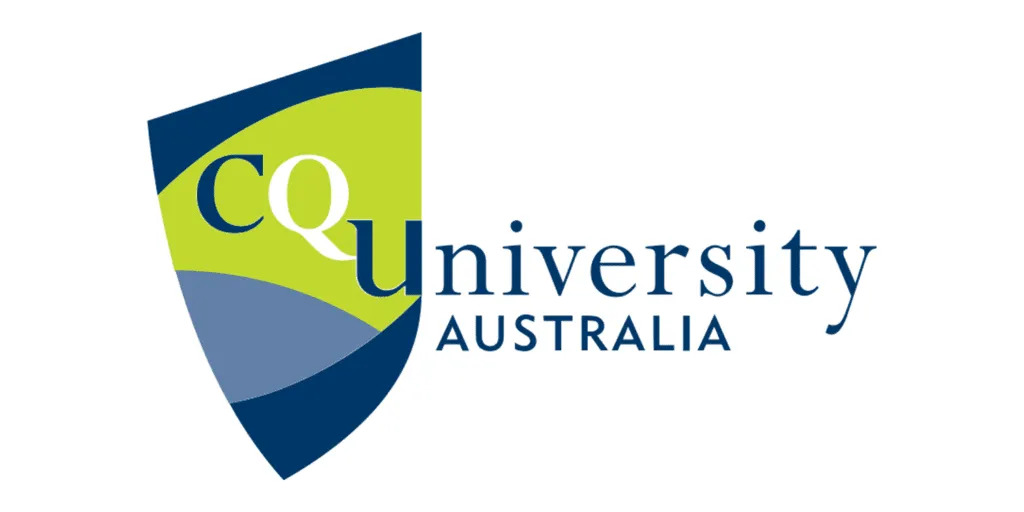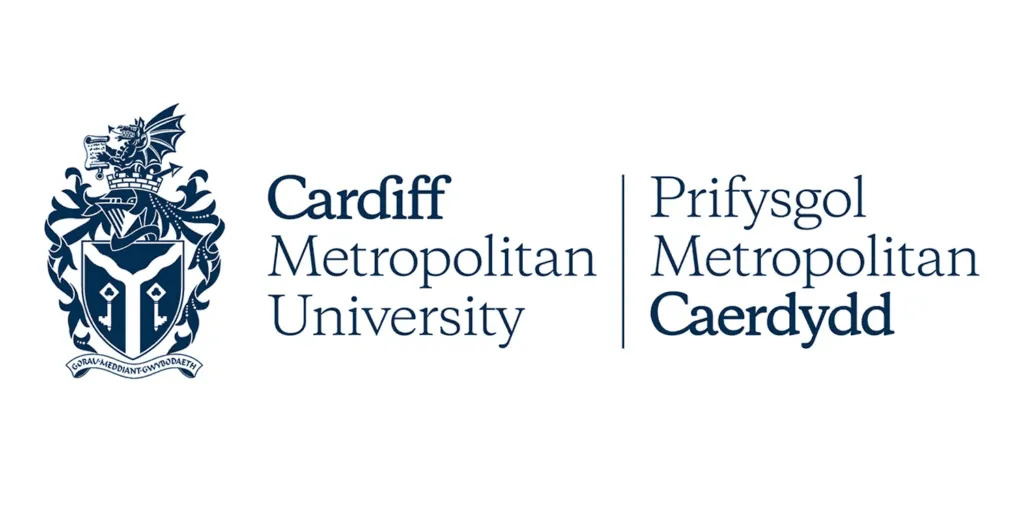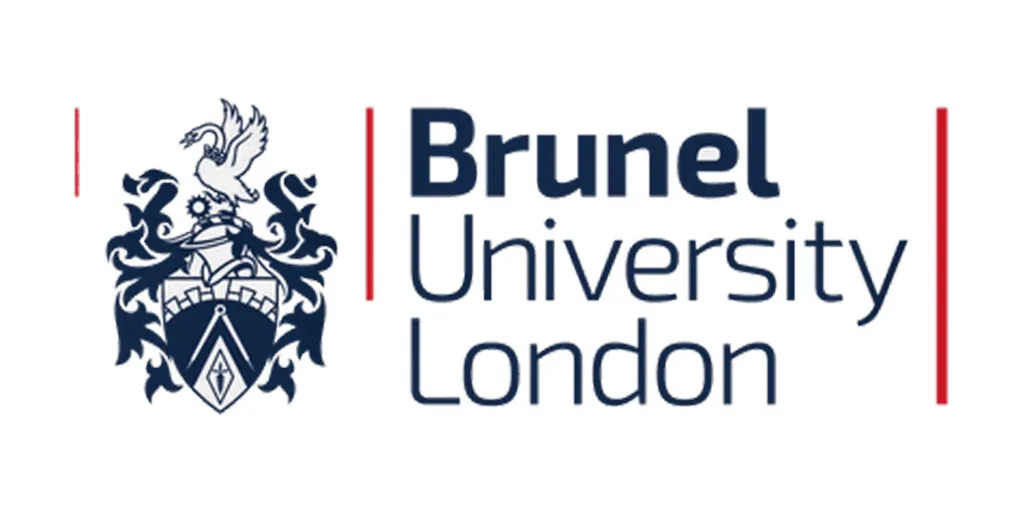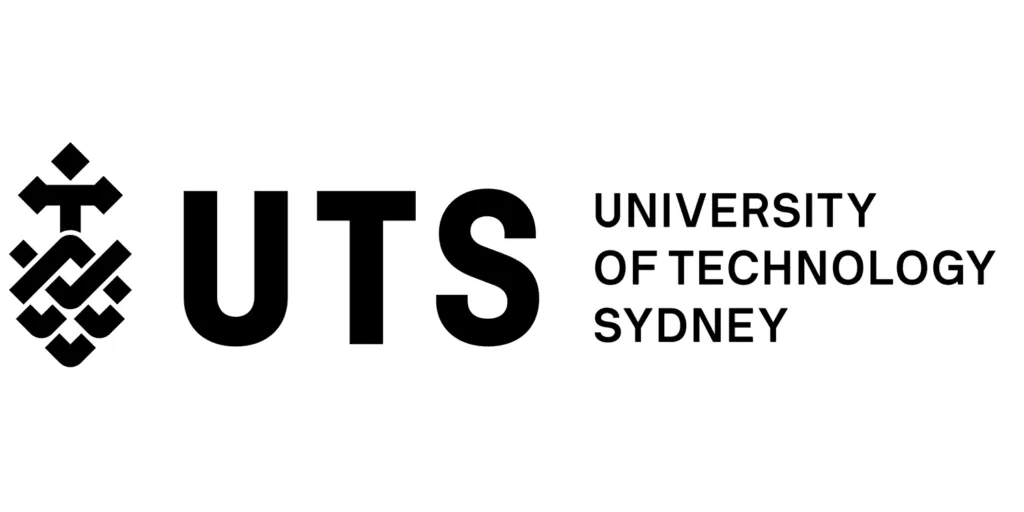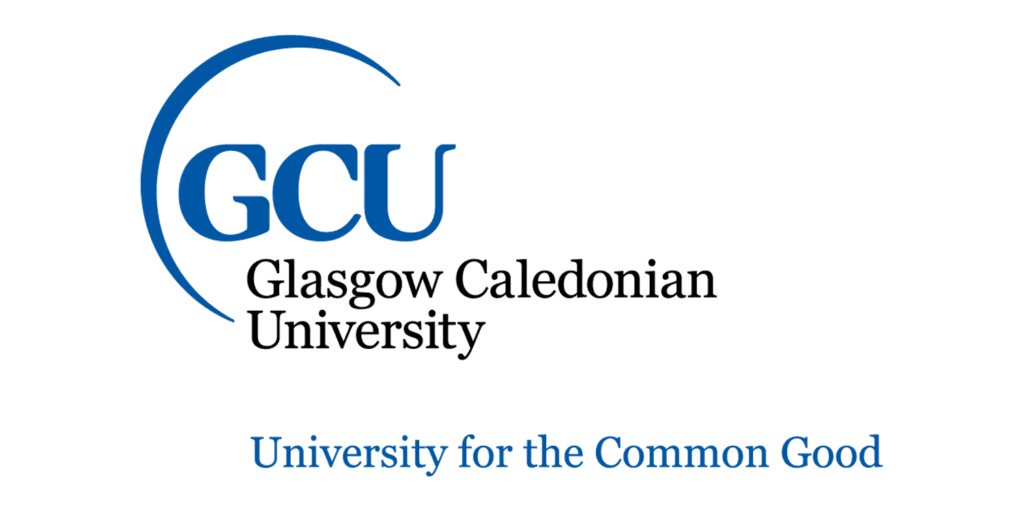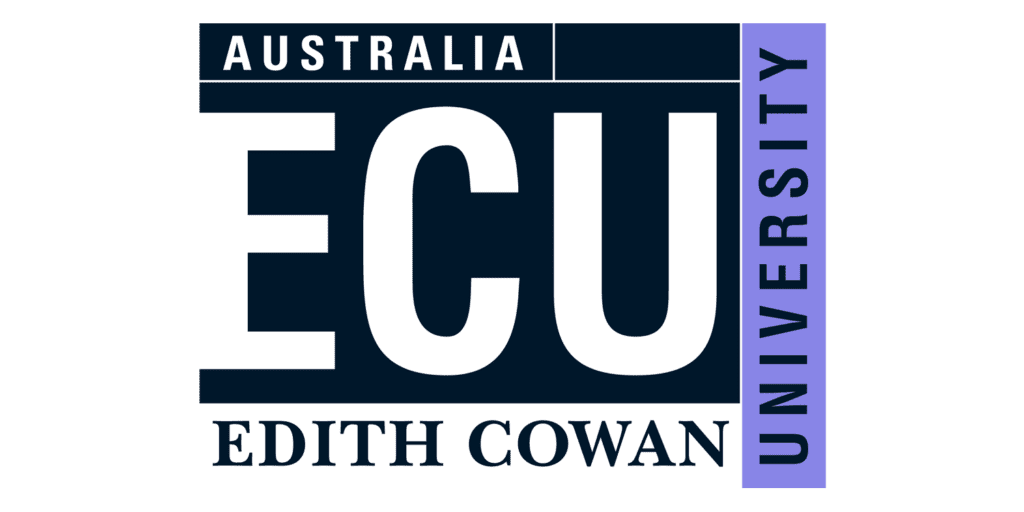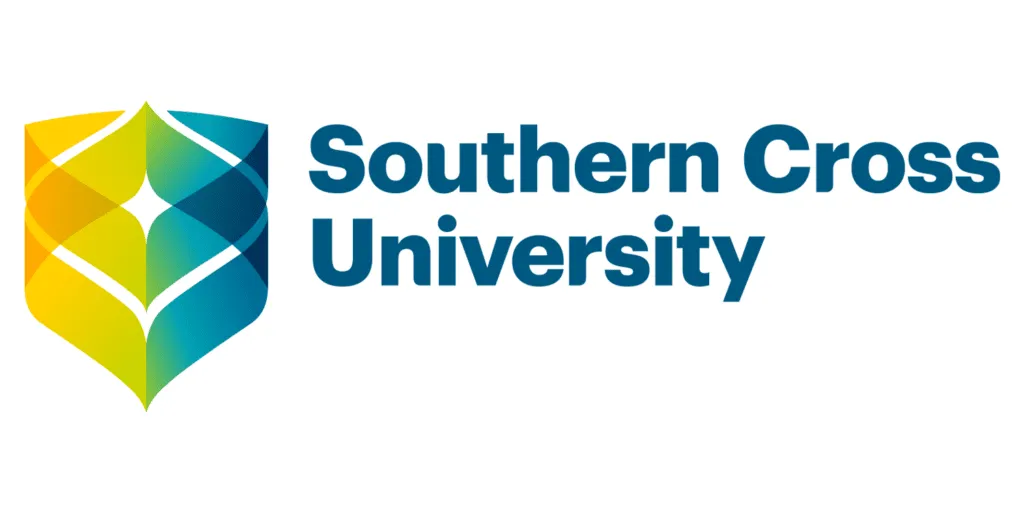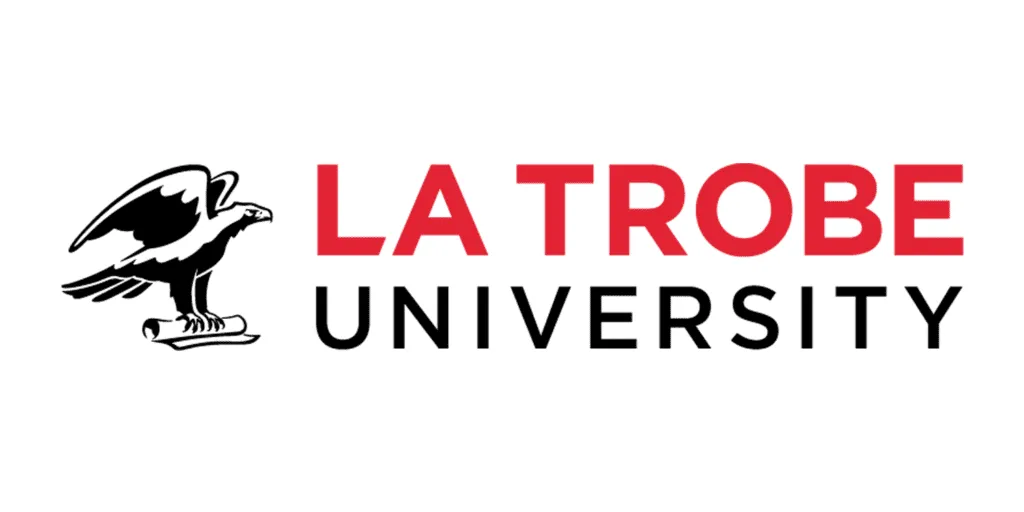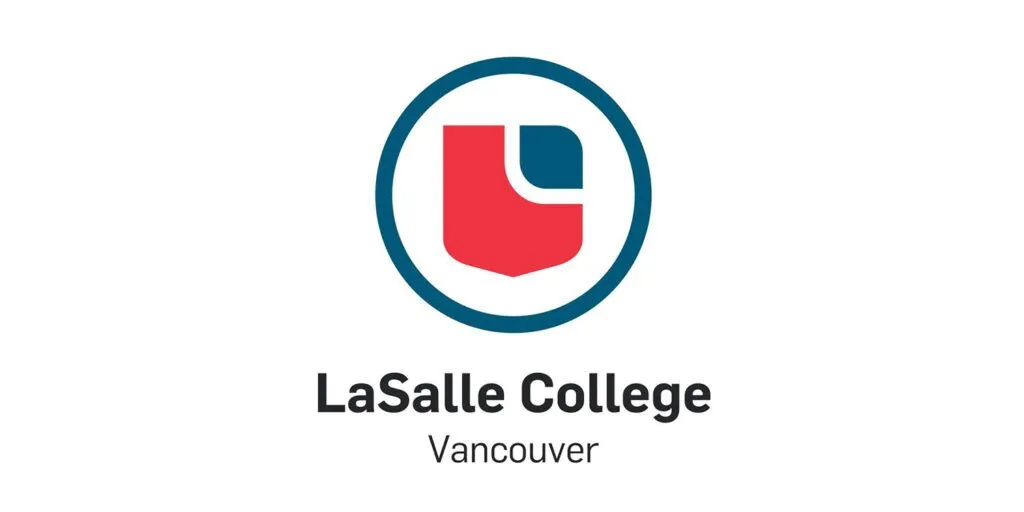Postgraduate Courses to Study Abroad

Study Postgraduate Courses with Us
Unlock global career opportunities by pursuing your postgraduate studies abroad with our expert guidance. We help you choose the right course and university, handle the application process, and ensure a smooth transition to your dream destination. Start your international education journey with confidence and support.
At ABS EduPark, we help you find the right course, country, and university to match your interests, academic profile, and future goals.
BOOK AN APPOINTMENT
Why Study Postgraduate Courses Abroad?
World-Class Education and Global Recognition
Access top-ranked universities with cutting-edge research and teaching methods and experience new cultures, ideas, and perspectives that broaden your worldview
Career Advancement
Gain international qualifications that boost your CV and job prospects globally
Networking Opportunities
Build connections with students, professors, and professionals from around the world
Scholarships & Funding
Take advantage of various scholarships and financial aid options
Migration Pathways
Many countries offer post-study work visas and pathways to permanent residency
Language & Communication Skills
Improve your English or learn a new language for global opportunities
Popular Postgraduate Courses
- MBA (Master of Business Administration)
- Data Science & Analytics
- Computer Science & IT
- Engineering (Various Branches)
- Health & Medicine (Including Public Health)
- Law (LLM - Master of Laws)
- International Relations & Political Science
- Hospitality & Tourism Management


Eligibility Criteria :
- Academic Qualifications: A Bachelor’s degree (3 or 4 years) in a relevant field from a recognized university and minimum 60-70% aggregate (may vary by country and course).
- English Language Proficiency: If you are applying to an English-speaking country, you will need to prove your language proficiency with minimum 6.0–6.5 overall in IELTS and minimum 80–100 in TOEFL
- Entrance Exams (if applicable): Some programs may require GMAT(for MBA and management programs) or GRE (for STEM and general master's programs)
- Statement of Purpose (SOP) : A well-written SOP or Personal Statement explaining your academic goals, career aspirations, and reason for choosing a particular course and country.
- Letters of Recommendation (LORs): Most universities ask for 1–3 recommendation letters from school teachers or academic mentors.
Top Study Abroad Destinations
Studying abroad opens the door to world-class education, global exposure, and life-changing experiences. Here are some of the most popular destinations for international students, known for their top universities, quality of life, and career opportunities. At ABS EduPark , we guide you to the best-fit destination based on your academic goals, budget, and career plans:
- United States: Home to Ivy League and top-ranked universities offering research-driven programs and innovation-focused education
- Canada: Popular for its welcoming immigration policies, high-quality education, and excellent post-study work opportunities
- United Kingdom: Offers globally recognized degrees with shorter course durations and diverse cultural experiences
- Australia: Known for its relaxed lifestyle, academic excellence, and strong student support system
- New Zealand: Offers world-class education in a peaceful, safe, and scenic environment

Top Most Universities
Abs EduPark opens doors for students to pursue their studies in top-tier international universities, offering a wide range of popular courses across major countries worldwide




